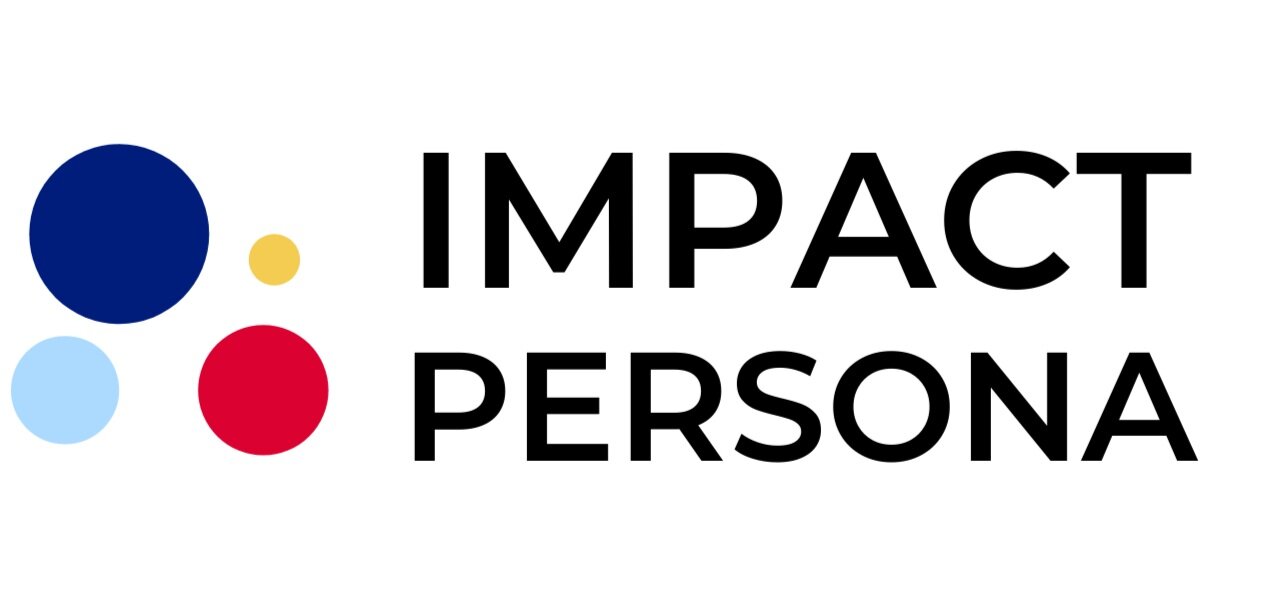Why DISC Is A Great Tool For Team Building and Conflict Management
Understanding your team’s DISC profiles can help to identify the various styles and personalities (or behaviours) within your team. It is important to remember that no one profile or style is better or worse than any other, but rather each has its own unique strengths and potential weaknesses.
There are 4 key benefits of doing a DISC Profiling assessment for your team:
Understand how others want to be spoken to
Discover why your messages to others get lost (even though you think you have been crystal clear)
How to deliver bad news so it makes it easier for the other person to receive
Get the most effective results by harnessing an individual’s DISC strengths
With a better understanding of how different styles interact with one another, you can ensure that your team functions smoothly by making sure that tasks are allocated in a way that respects the different skills and abilities of each individual.
By focusing on areas such as communication and collaboration, you can create an environment where everyone feels respected, appreciated, and valued. This type of environment will foster respect for each individual’s contributions while allowing everyone to work together.
In order to gain a better understanding of the DISC Profile of your team, it is important to take the time to individually assess each member’s strengths and weaknesses. This involves looking at their communication style, work habits, decision-making processes, and interpersonal skills. By doing this assessment, you can identify areas where members can benefit from additional training or guidance in order to reach their full potential.
Additionally, by having an awareness of the different styles on your team, you can create an environment that encourages collaboration between different types of people so that everyone feels as though they are part of the shared journey.
Ultimately, having a good grasp of your team’s DISC profiles will help ensure that all members are being heard and respected, while also allowing everyone to work together more effectively. This can help maximise productivity and performance, as well as build a strong sense of unity among the team. Taking the time to get to know each other better through DISC profiling will ultimately result in greater success for your team.
In order to take full advantage of this tool, it is important that you have an understanding of what a DISC profile is. A DISC profile identifies four main personality types—Dominance, Influence, Steadiness and Conscientiousness—that make up how individuals interact with one another. By analysing these factors, you can gain insight into how different members approach tasks and interact with others on the team. Additionally, you can use this information to better manage, motivate and support the team.
The four personality types tend to have different strengths, so by understanding each other’s individual personalities, you can leverage those strengths to create a more successful team dynamic. For example:
Someone with a Dominance profile will be comfortable leading conversations and driving decisions
Someone with an Influential profile may be better at motivating others and advocating for their ideas.
Likewise, someone with a Steadiness type of profile may excel in problem-solving scenarios due to their collaborative nature and patience
Finally a Conscientiousness type of person might be great at creating clear procedures or analysing data.
By knowing how your team members interact differently with one another and how they approach tasks, you can ensure that everyone is on the same page and working together to achieve successful outcomes. Additionally, having a better understanding of each other’s DISC profiles can help you form stronger relationships with your team members as you learn how to better communicate and collaborate with one another.
Finally, leveraging DISC profiling in the workplace can provide valuable insight into career development areas for individual employees. By identifying strengths and weaknesses based on different style profiles, employees will be able to hone their skills in order to gain an advantage within the company. With this information at hand, managers can tailor training programs for their teams as well as assign tasks more effectively according to employee preferences or expertise.
——————————————————————————————————————————————————————————-
Interested in using DISC to create a more harmonious team? We’re ready to help! Schedule a chat with Charissa from Impact Persona to see how we can help address team communication or conflict management issues.
